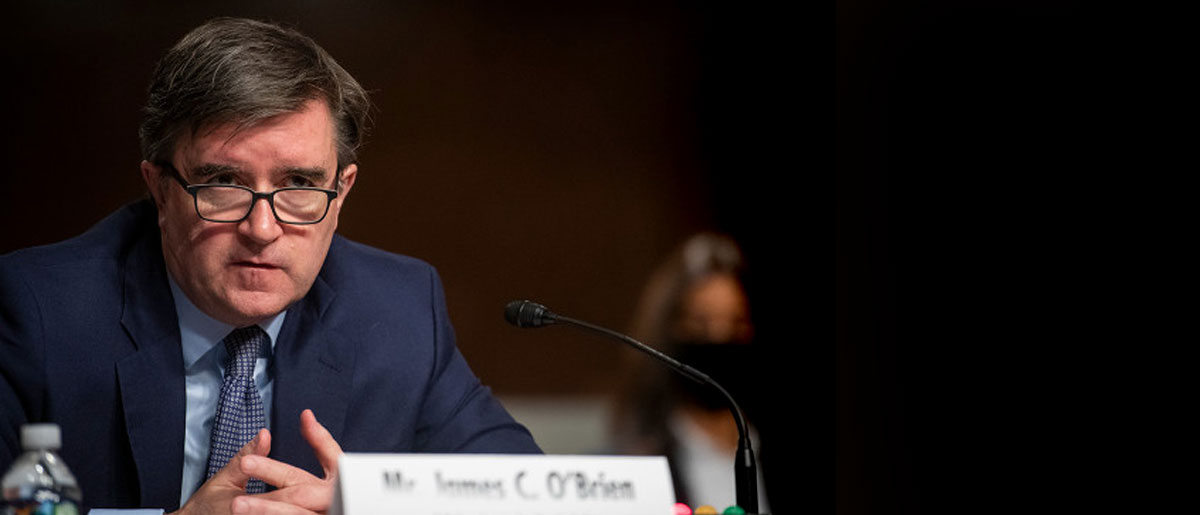By: Ambassador Jim O’Brien, Head of Sanctions Coordination, U.S. Department of State
The United States, our Allies, and partners continue to stand with Ukraine. At the United Nations, 143 countries recently came together to proclaim what the world already knows: Vladimir Putin’s decision to invade Ukraine was unprovoked aggression and an attempt to redraw borders by force, directly threatening Ukraine’s existence and challenging the principles of the UN Charter and global stability.
Our defense of core international law principles – including sovereignty and territorial integrity – requires unity, particularly as it does not come without costs. The price of inaction on the part of Ukraine’s allies and friends, the cost to our communities and countries would be far greater if we had not taken united action to disrupt Putin’s plans. Inaction is not an option.
The costs of Putin’s actions have been enormous for Ukraine, but also for the global economy. Russia effectively blockaded Ukraine’s Black Sea ports, spiking already-high global food prices even higher. He has also shown a willingness to wield others’ dependence on Russian energy as a weapon.
The actions of the brave Ukrainians fighting for their freedom, and our coordinated action, is the reason Russia has failed to realize its aims in Ukraine. We have supported Ukraine’s ability to defend itself with security assistance, and we have imposed costs on Russia through strategic, multilateral, and unprecedented efforts to deny Putin the funding, technology, and equipment he needs to sustain his war on Ukraine.
Russia’s economy is shrinking. Imports of goods are falling by as much as 40 percent, and shortages of foreign components are increasingly debilitating key sectors of Russia’s industry and employment. Russia defaulted on its foreign currency debt for the first time in over a century, while Russia’s debt rating has been downgraded to “junk” status. Industrial production is declining, and the Kremlin is rapidly losing the ability to paper over Russia’s historic decline with short-term fixes.
Sanctions are also isolating Putin from the global economy. The Kremlin is now cut off from borrowing on sovereign debt markets. Much of the Central Bank of Russia’s reserves are blocked. Nearly 1,000 multinational companies, including banks, have curtailed or suspended operations in Russia. More than three dozen countries joined the United States in imposing export controls to crack down on Russia’s ability to acquire vital technology needed to fuel Putin’s war of aggression. Sanctions and export controls are debilitating industries in Russia by preventing the country from obtaining key components such as computer chips. For example, Russian passenger car manufacturing is down between 80 and 90 percent year-over-year. The lack of access to imported inputs and finished goods, particularly sophisticated technologies, has resulted in bottlenecks that are impairing Russian transport, commerce, and importantly, the production and maintenance of military hardware.
Our government and private sector actions, our insistence on accountability for Russia’s actions, are having a real impact on Russia over time. Our unity, and our shared values, are worth the costs of our sustained efforts.









